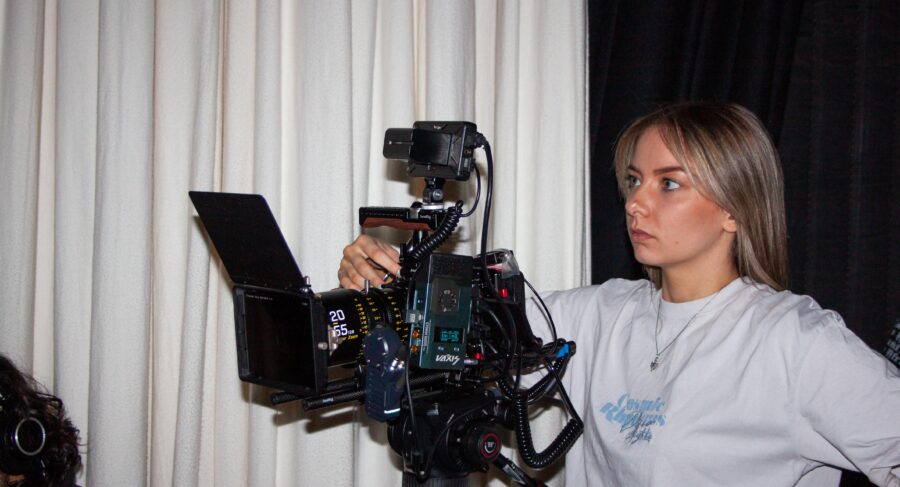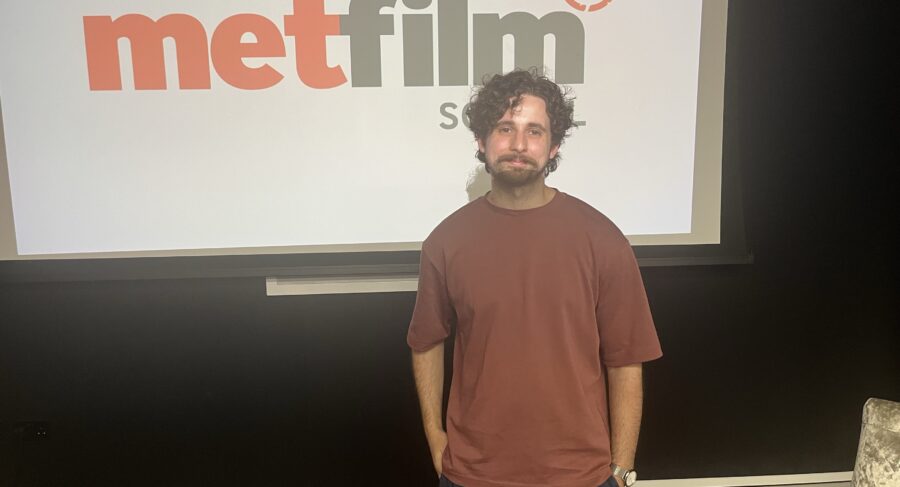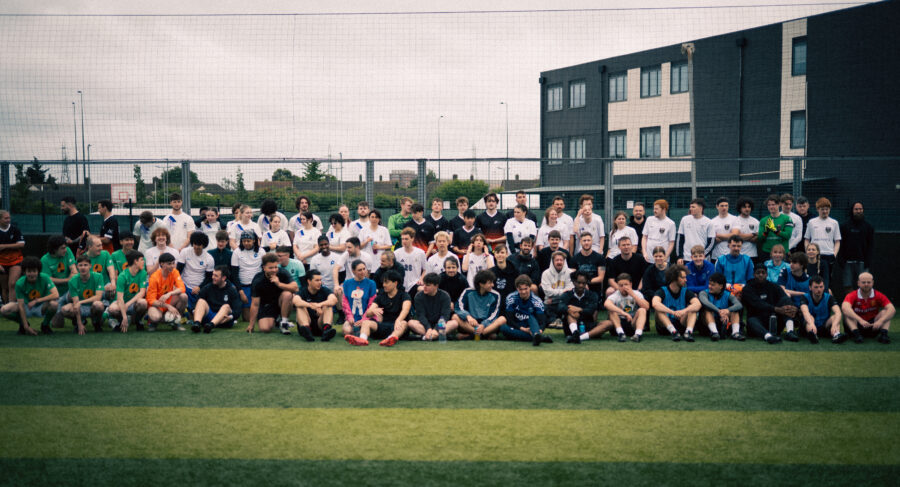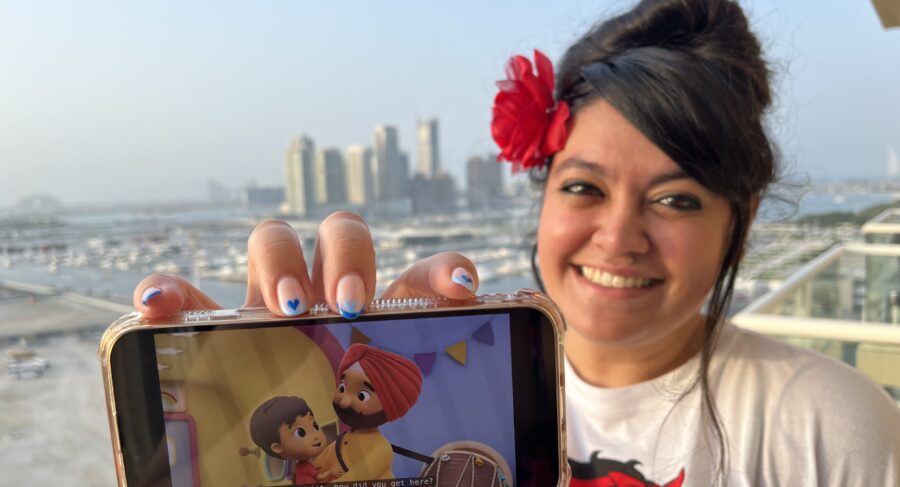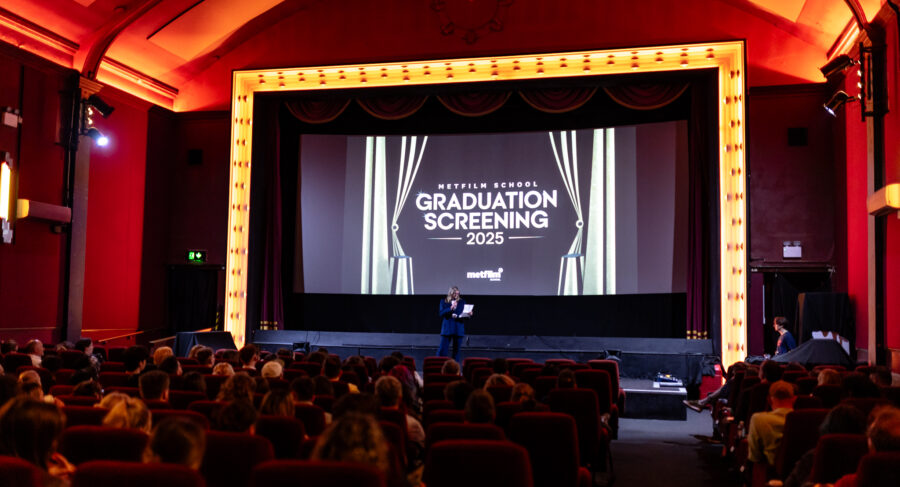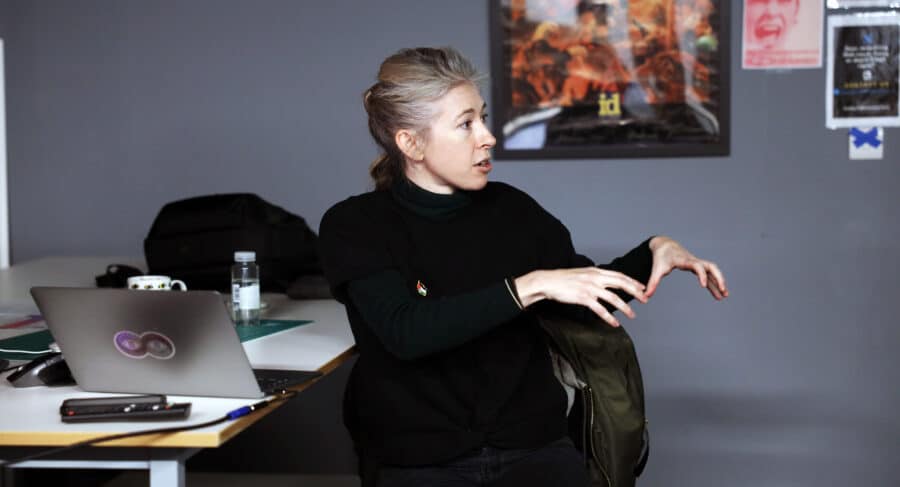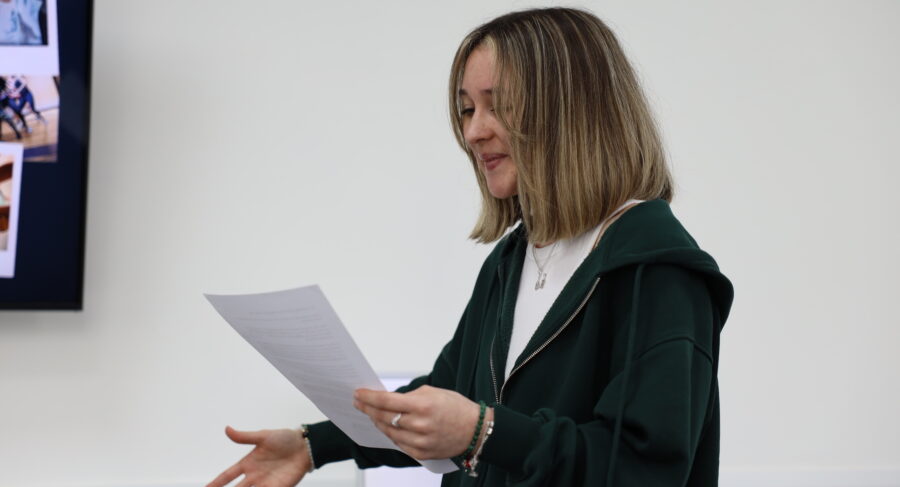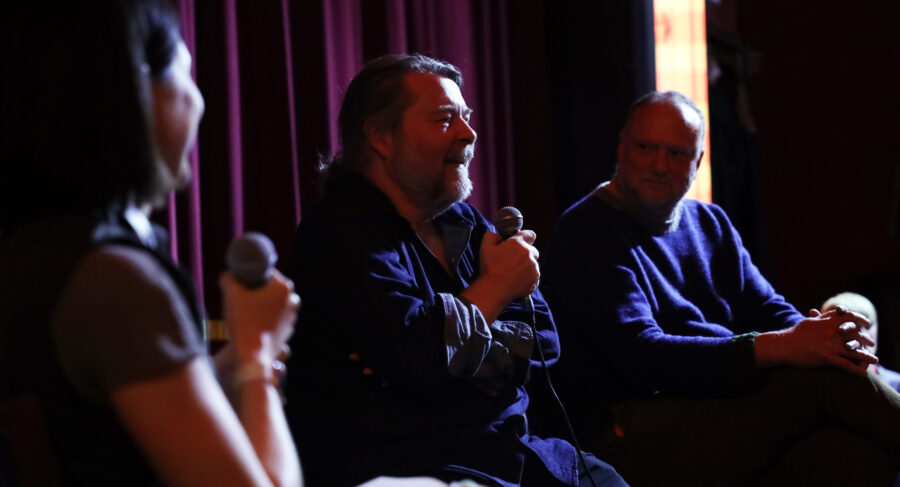How Screen Content Changed the Creative Industries
By Mart Gordon
16 October 2017
Screen content dramatically changed the creative industries. This multiscreen, multi-medium platforms made an enormous shift in the way we digest and interpret information.
In the mornings, we’re more likely to scroll through our phones on social media for news updates, than we are actually to look at the news. We’ve probably seen more information by the time we’ve sat down for our morning coffee than some people did in a whole week a few hundred years ago.
So what’s changed?
Giants like YouTube, Instagram and SnapChat, launched platforms; Facebook and Twitter expanded their video offerings, and video capabilities expanded across the digital world. Yet, all of this rapid growth made for a considerable skills gap. There’s a huge shortage of skills in technical and specialised craft roles, but also in the broad ‘filmmaking’ and content creation skillsets.
“New research released by Adobe today paints a vivid picture of what we’re up against. It shows on average, U.S. consumers are using six devices and viewing 12 different sources of content.” (Adobe)
Technology completely disrupted how we live our lives, as well as turning traditional business models upside-down. Because of this, job roles are becoming increasingly harder to fill. And in turn, this is creating a desperate need for candidates to come with a fusion of creative, digital and entrepreneurial skills.
Traditional jobs like artworkers and advertisers and the responsibilities they look after has changed. New jobs are being invented every year, ready to take on this technological change. YouTubers, visual content marketers, content creators and vloggers. These are all roles which didn’t exist twenty years ago.
People had to adopt new skills, relearn existing crafts and develop their expertise.
Experience begins with education
But, historically we’ve seen that when students leave university, they have a lack of understanding about the screen industries and breadth of roles available.
It’s been a growing concern that is a want for a new approach to higher education. Cited by Work Foundation was an understanding that new hires were not coming into industry equipped with the skills that they really needed.
So ScreenSpace developed a new way of thinking towards education.
So many universities mention having creative ‘technical’ degrees. But rather than providing proper training, graduates were still coming out of education with a theoretical understanding of these skills. Not actual, tangible skills.
“Screen employers and workers have raised concerns regarding the provision of education and skills training, stating that it is not an adequate match for job roles. Courses do not always provide the skills required by employers and a clear progression map is not available. Careers advice and guidance for screen is unsatisfactory.”
(The Work Foundation)
Universities became a place where new ideas grew stagnant, and change ground to a halt. Technology has reached a point where new social tool can pop up overnight. So why doesn’t education cater for this?
ScreenSpace caters for this pace of change. We built our courses to adapt to industry in real-time.
What roles are available once I leave university?
Screen content is forming a huge section of the creative industries. Jobs like Head of Curation & Discovery, Advertising, Editorial Photographer and Animators, all play a role in taking charge of this.
To be a content creator, you need to be able to handle whichever type of platforms or types of content gets thrown your way. Job responsibilities are always having new tools, skills and technologies added to their repertoire. By taking grasp of the range of video technologies available to you, you know how to update continually and renew your skills – keeping you fresh.

